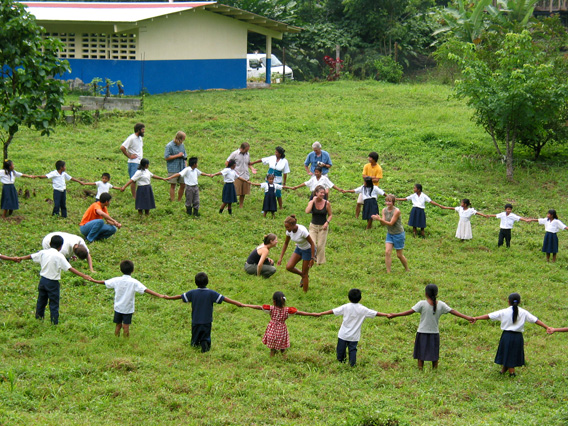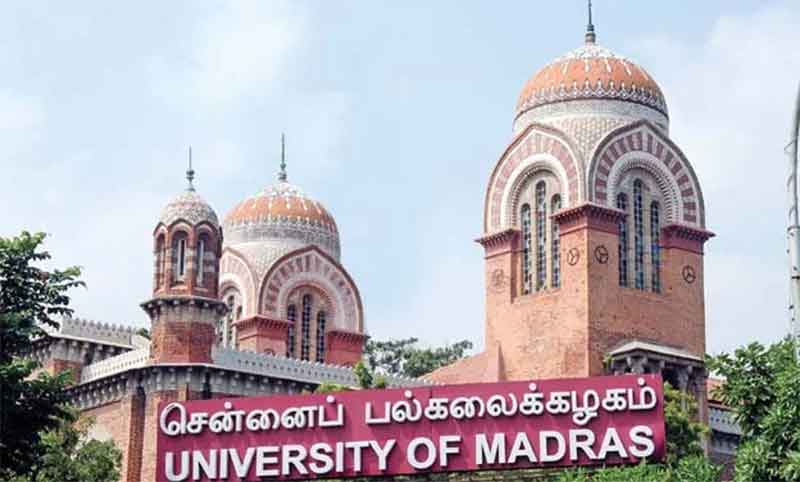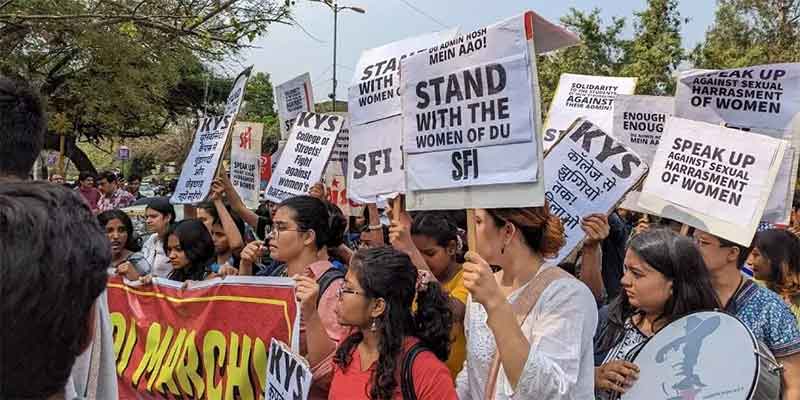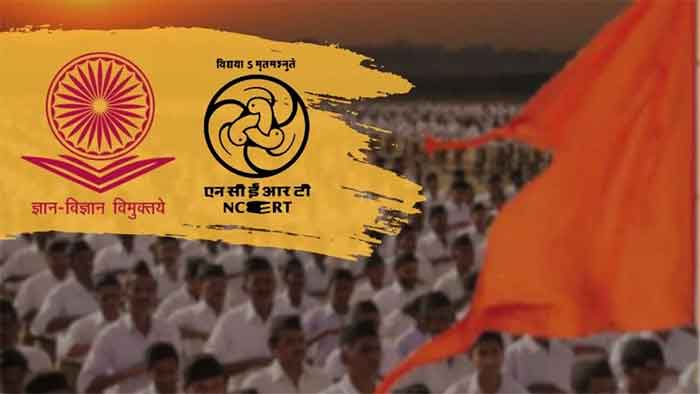
Politics in many ways has become a bully boy gimmick. One has to read beyond headlines and think of deeper processes and consequences. One such event was the recent cabinet reshuffle by the Modi led NDA government. What fascinates me in these events is the amount of strategies that are tactfully played out to portray a sense of sustainability within the cabinet. In fact, one almost felt that the shift of Prakash Javdekar from the environmental ministry to the HRD ministry meant something more than the sustainability discourse in politics. Although many environmental groups, farmers and tribals feel a bit relaxed with this sudden shift of Javdekar. But fundamentally it raises important questions over what I call the hangover effect he might have in the HRD ministry.
One of the greatest challenges that the world faces today is around the debates on sustainability. Sustainability when coupled along with the current notions of development portrays itself nothing more than an oxymoron. In that sense, the current ideas on sustainability as any nation-state understands reduces the possibility of such an alternative ecological thought which combines lifestyle, livelihood and lifecycle to a mere project of development indicators.
The tribals, the nomads, the farmers and their way of life have been central to this idea of alternative ecological thought since millennia. But, the situation today of these ecological scientists and the knowledge that they carry is in a severe threat because of the great emphasis of government’s developmental policies which are pushing primary sector jobs to manufacturing and service sectors. These current notions of economic development and modernity are turning out to be devastating for age old livelihood practices which had a sense of the future as well as of ecology. These ecological scientists as I call them had different idea of the world where ecology became central to one’s understanding of life-world. Today, such thought-worlds are not only being classified and portrayed as backward and primitive, but also being destroyed through systematic means. This systematic means of elimination of a particular life-world not only raises questions over one’s right to life, livelihood and lifestyle but also raises further questions on the right to the co-existence of multiple knowledge systems. Cognitive justice becomes central to the understanding of such a world, where each person as a citizen is not only seen as mere consumer but also as a knowledge generator in his own sense. The current idea of economic development seems to only focus on making more and more consumers based citizens rather than seeing citizens as a part of the knowledge commons. It is in that sense, that one has to understand that what India needs as a civilization known for its diversity is an entry into Cognitive Justice theory and not an entry into the illiterate club of Nuclear Suppliers Group.
One of the most severely affected groups; due to the displacement process are the children. These children are left in a constant state of dilemma as a result of which they face severe psychosocial traumas. I think, the idea of displacement is much more acute than we think off, because it is not only development projects that have institutionalized displacement into their very mechanisms. One has to go beyond the idea developmental projects like Dams, Nuclear plants, refineries and so on to the idea of education itself which has internalized displacement into the very model of how it functions. In that sense, education as a national good also needs to seen as a developmental project of the nation-state. In fact, I can’t think of any other historical institution which has culturally withered off more children as a result of displacement induced education than any other developmental project put together. One feels, that the idea of development has become so iatrogenic that it no longer requires a World Bank or multi-national corporation to displace people, but rather a simple and a non-questionable institution such as the school.
Schools today have turned into institution of evils, which not only destroy childhood but also restrict one’s right to think and imagine a future which is ecologically sustainable. A school in that sense restricts a child from being a part of community because the very aesthetics of classroom prohibits a child from knowing and being a part of the ecology. One feels that a child’s right to his sensorium of knowledges is reduced to a mere four-walled classroom learning process where he no longer belongs to ecology of knowledges but summons himself to the consumption of graded knowledges.
A few days back, a land mark case in Pakistan stunned me. A seven year old Rabab Ali sued the government for violating her rights and the rights of her generation for a healthy life. Rabab Ali, whose father is an environmental lawyer, represented her in the Pakistan Supreme Court. This is a landmark judgement on two fundamental fronts. One is the fundamental question of child rights and other is about the child’s right of the future. I am more interested in the latter because children are the future generation citizens who are going to bare burden of ecological destruction that the governments of today are performing in the name of development. One has to understand this is not a mere question of responsibility alone, but more a question ethics of ecology and ethics of future. What happens when the idea future and ecology are no longer part of a child’s imagination? Or what happens when ecology of the future becomes a life-threatening experience for the children of today?
Playfully put, as someone said, that Development as everyone thinks is not only a threat to the future of ecology but also a threat to the future of childhood itself.
(The author is with KIIT & KISS. He is also the co-founder of student group named Rhythm of Nation. Currently, he is an independent researcher working in the field of knowledge studies.)

















































